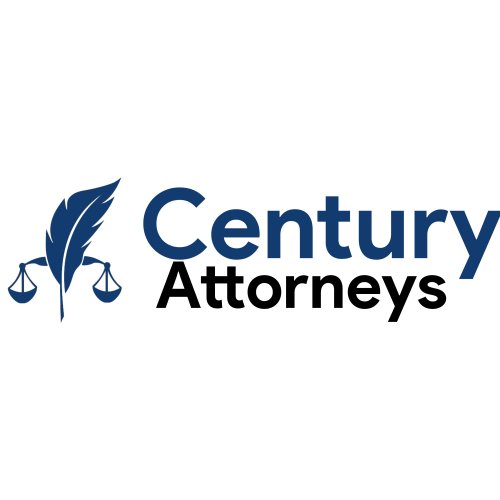Best Creditor Lawyers in Kano
Share your needs with us, get contacted by law firms.
Free. Takes 2 min.
List of the best lawyers in Kano, Nigeria
About Creditor Law in Kano, Nigeria
Creditor Law in Kano, Nigeria, falls within the broader banking and finance laws in the country. It deals with the rights of parties involved in lending and borrowing transactions. The major laws applicable to creditors in Nigeria include the Companies and Allied Matters Act (CAMA), Central Bank of Nigeria (CBN) regulations, and Bankruptcy and Insolvency Act. Due to the complexity of these laws, it is crucial to understand how they apply, especially in Kano, because each state in Nigeria has unique regulations that further govern creditor rights.
Why You May Need a Lawyer
You may need a lawyer for various reasons related to creditor law. For instance, if you are owed money and your debtor defaults, a lawyer can guide you through the necessary steps to recoup your money. A legal professional can also assist in drafting lending agreements to ensure they abide by the state and federal laws. If you are faced with insolvency or bankruptcy issues, a lawyer can help navigate the complexities of the legal framework.
Local Laws Overview
While the overarching creditor laws in Nigeria are federally governed, there are specific local regulations and customs in Kano that may also apply. For instance, Islamic law (Sharia) is recognized in Kano and has specific rules about lending, interest rates, and penalties. It is therefore essential to understand how these rules may impact creditor relationships. Also instructive is the Kano State Financial Crimes Law, which could be applicable in cases where there is fraud or dishonesty.
Frequently Asked Questions
1. What legal options do I have if a debtor refuses to pay?
You can commence a debt recovery action in a competent court. If successful, the court can issue an order to recover your funds.
2. Can I charge interest on a loan?
Yes, you can charge interest on a loan, but the rate should be in line with the stipulations under the Nigerian law and any applicable Kano state regulations.
3. What is the role of the Central Bank of Nigeria in Creditor Law?
The CBN issues regulations such as the Prudential Guidelines for banks, which indirectly impacts creditor relationships by setting lending limits and stipulating credit management processes.
4. Can I contract a loan agreement using Islamic principles in Kano?
Yes, owing to the place of Sharia law in Kano, contract agreements crafted using Islamic financial principles are accepted.
5. What if a debtor declares bankruptcy?
In the case of bankruptcy, secured creditors often have a priority claim to the debtor's assets. It's advisable to have a lawyer guide you through the recovery process.
Additional Resources
You can contact institutions like the Kano State Ministry of Justice and the Nigerian Bar Association (NBA) for legal advice. The Central Bank of Nigeria and the Corporate Affairs Commission also provide useful information regarding creditor-related matters.
Next Steps
If you need legal assistance concerning creditor law in Kano, your first move is to seek professional advice. You can consult with a law firm experienced in such issues. Prepare your necessary documents: loan agreements, evidence of default, and any related correspondence, to present a strong case if necessary.
Lawzana helps you find the best lawyers and law firms in Kano through a curated and pre-screened list of qualified legal professionals. Our platform offers rankings and detailed profiles of attorneys and law firms, allowing you to compare based on practice areas, including Creditor, experience, and client feedback.
Each profile includes a description of the firm's areas of practice, client reviews, team members and partners, year of establishment, spoken languages, office locations, contact information, social media presence, and any published articles or resources. Most firms on our platform speak English and are experienced in both local and international legal matters.
Get a quote from top-rated law firms in Kano, Nigeria — quickly, securely, and without unnecessary hassle.
Disclaimer:
The information provided on this page is for general informational purposes only and does not constitute legal advice. While we strive to ensure the accuracy and relevance of the content, legal information may change over time, and interpretations of the law can vary. You should always consult with a qualified legal professional for advice specific to your situation.
We disclaim all liability for actions taken or not taken based on the content of this page. If you believe any information is incorrect or outdated, please contact us, and we will review and update it where appropriate.










